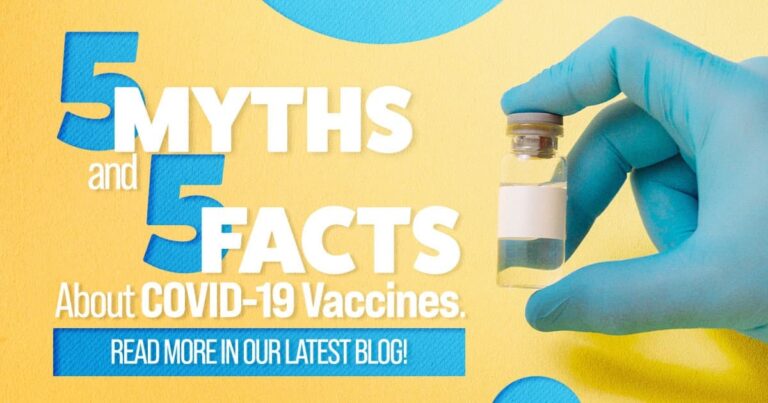
COVID-19, Evusheld, and Liver Patients
Evusheld is a long-acting investigational protective measure against COVID-19, featuring a combination of two monoclonal antibodies. The FDA recently gave its approval under an emergency use authorization (EUA). Evusheld is a game-changer for liver patients and other individuals with a compromised immune system. What is Evusheld, and Who Can Use It? Evusheld is a combination of two long-acting monoclonal antibodies: Tixagevimab Cilgavimab Scientists create monoclonal antibodies in a laboratory to act as your own antibodies. Their purpose is to restore, modify, and enhance the body’s immune system’s attack on harmful cells or contagions like COVID-19. Evusheld has approval under an EUA for the pre-exposure prevention of COVID-19 in adults and pediatric individuals at a higher risk of an inadequate immune response. This population includes immunocompromised people, such as those with cancer or transplant patients or anyone taking medicines that suppress the immune system. Eligibility Criteria: Adults and pediatric individuals (12 years of age and older weighing at least 88 pounds 40 kg): Who are not currently infected with SARS-CoV-2 and who have not had a known recent exposure to an individual infected with SARS-CoV-2, AND: Who have moderate to severe immune compromise due to a medical condition or receipt of immunosuppressive medications or treatments and may not mount an adequate immune response to COVID-19 vaccination, OR For whom vaccination with any available COVID-19 vaccine, according to the approved or authorized schedule, is not recommended due to a history of severe adverse reaction (e.g., severe allergic reaction) to a COVID-19 vaccine(s) and/or COVID-19 vaccine component(s). COVID-19 Protection Vs. Traditional Vaccine Route Though current COVID-19 vaccines are safe, well-tolerated, and effective, individuals with compromised immune systems face a different challenge. In some instances, some patients who are immunocompromised might not generate a robust enough immune response. As a result, they may remain susceptible to contracting COVID-19, even with completing a full vaccine series. In addition, the risk for severe illness is higher in immunocompromised people. One reason is because the virus can survive longer in their bodies. Evusheld is the latest research breakthrough providing hope to one of the most vulnerable populations in the ongoing COVID-19 pandemic. Now, “normal” is a little bit closer for even more individuals. At Arizona Clinical Trials and Arizona Liver Health, we specialize in conducting clinical research studies to improve care options for liver diseases and other conditions. We are excited about what Evusheld means for individuals with compromised immune systems due to the advanced stages of liver disease. In the meantime, we are still offering FREE fibroscans to adults at risk of liver disease and research studies you can join to help advance treatments for conditions that affect the liver. To learn more, contact us today at (480) 360-4000 or visit our website. Sources: https://www.health.com/condition/infectious-diseases/coronavirus/immunocompromised-covid-vaccine https://www.upmc.com/coronavirus/monoclonal-antibodies/immunocompromised-patients https://www.astrazeneca.com/media-centre/press-releases/2022/evusheld-long-acting-antibody-combination-recommended-for-approval-in-the-eu-for-the-pre-exposure-prophylaxis-prevention-of-covid-19.html https://www.fda.gov/media/154702/download







